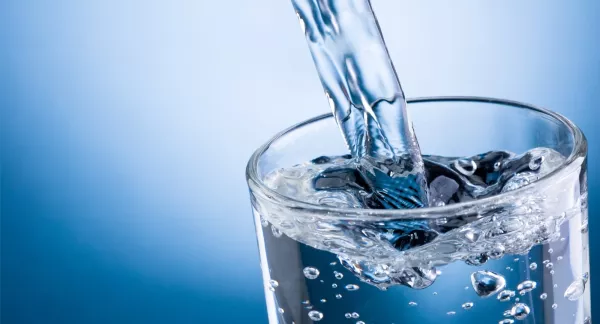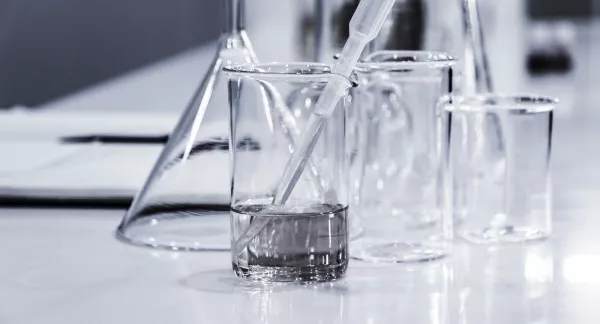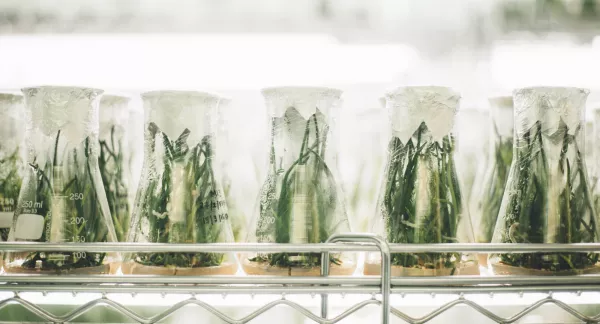Oxidative Destruction of Organics in Membrane Concentrates
Abstract
The use of membrane processes for wastewater treatment and reuse is rapidly expanding, especially the use of reverse osmosis (RO) membranes. RO membrane processes effectively remove organic, inorganic, and biological constituents, which accumulate in membrane concentrates. Therefore, membrane concentrates represent a significant concentrated point-source flow from the urban system into the environment. Considerable attention has focused on the impact of salts in membrane concentrates, but significantly less attention has been paid to the organic and biological constituents. The organic materials in membrane concentrates include organic matter in the carrier drinking water, refractory chemicals added by the public to wastewater (for example, pesticides, personal care products, pharmaceutical products, endocrine disruptors, etc.), and residuals from wastewater treatment processes (for example, soluble microbial products, partially biodegraded organics, and antiscaling chemicals). Removing these organics may become important in the future as the utilization of membranes for wastewater reuse grows. The project developed an oxidation process for removing organics in membrane concentrates.
Originally funded as WERF project Reuse-05-10.


